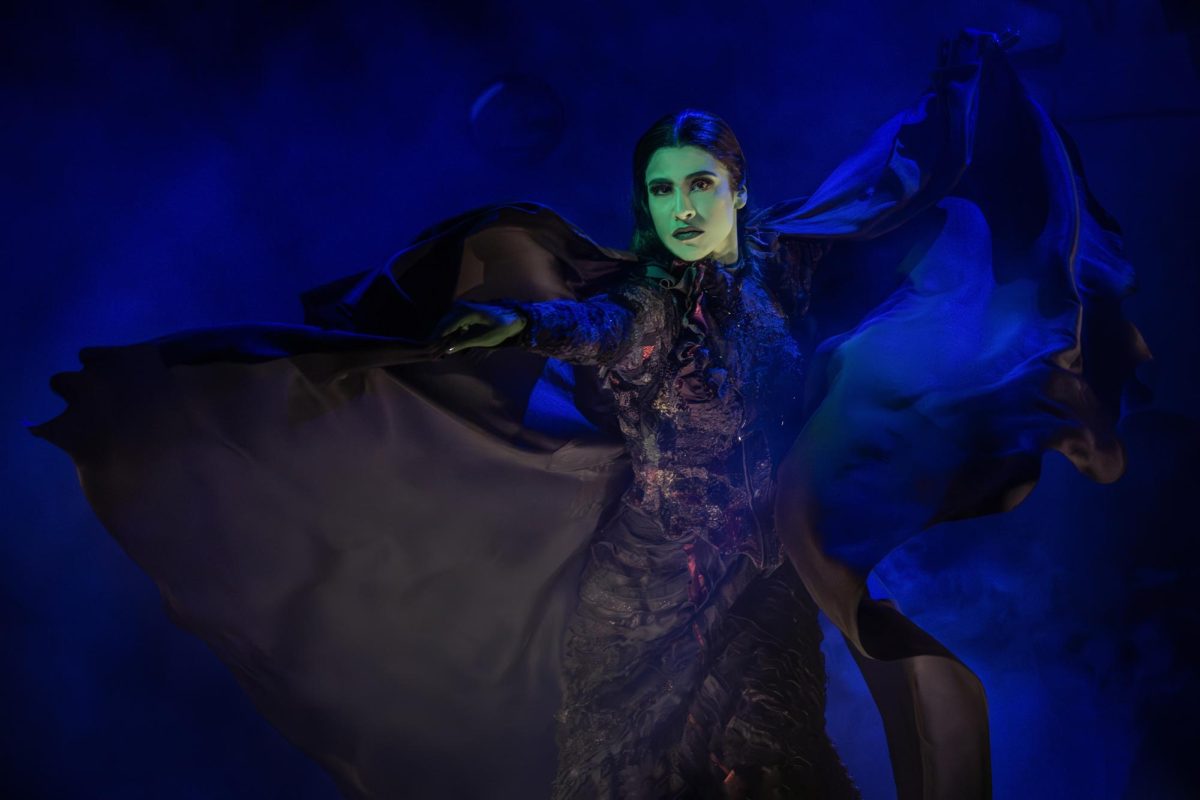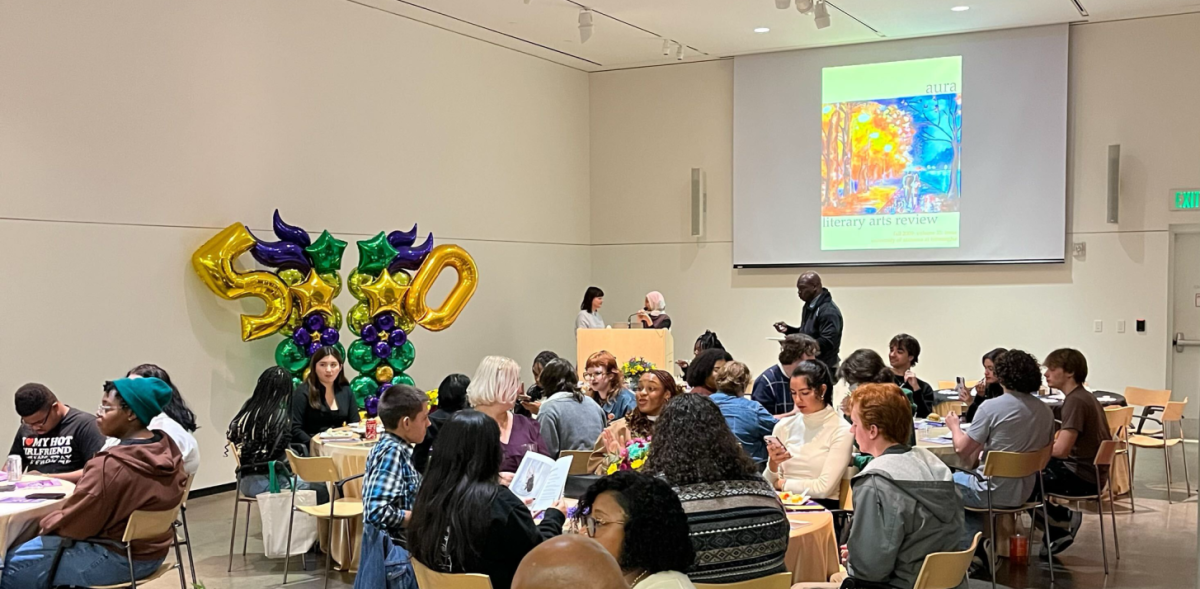Regina King’s directorial debut stays too close to its dramatic origins at times, but is something not to be missed.
It’s always a challenge to bring a larger-than-life figure to the big screen. A challenge that many movies frequently fail.
“Watchmen” star Regina King’s first feature film “One Night in Miami” takes that challenge even further attempting to bring the twentieth century titans Malcolm X (Kingsley Ben-Adir), Sam Cooke (Leslie Odom Jr.) , Muhammed Ali (Eli Goree) and Jim Brown (Aldis Hodge) to screen all at once. The results are uneven, but in its best moments, “One Night in Miami” is a profound look into the ever-ongoing debate of what Black art should be.
“One Night in Miami” is based upon a play by Kemp Powers who also wrote the film’s script. The film is a fictionalized imagining of what happened behind closed doors of a real-life meeting between the four men at the Hampton House hotel in Miami following Ali’s (then Cassius Clay) win over Sonny Liston.
What is supposed to be a celebration quickly sours as the four become wrapped up in a philosophical, and at times personal, debate about how they can and should use their position to advance the Black community.
All four actors are incredible in their roles. Bringing these figures to life is a difficult task, but each of them step up to it. While it’s impressive to see Goree embody the cockiness of Ali or Odom recreate the voice of Cooke, the actors are even better playing off each other. They take material that could sound preachy or unnatural in the hands of lesser actors and make it human. Of course, King deserves credit here for eliciting those performances.
The two leads, Kingsley Ben-Adir (“The OA”) and Odom (“Hamilton”), shine above the rest. They are given a showcase in the night long argument about what it means to use their positions to uplift Black people. And they excel in it, both are as impassioned as they are flawed, and in Ben-Adir’s stuttering speech and Odom’s cracking voice, we can hear the moments that they truly doubt even themselves.
Naturally, as a fictionalized work of history, things are a bit off. Powers plays with historical timelines to create meaning in his work, but in doing so, he changes the significance of the figures themselves. To create significance in this meeting, Powers minimizes the importance of Cooke’s career, separating into a pre-Miami vapidness and a post-Miami insight, when that is far from the truth (as Jack Hamilton breaks down in Slate). Likewise, Jim Brown is hardly a presence in the film seeming more like a witness to everyone else’s lives while his is hardly mentioned (though given his well-documented history of abuse, that might be a benefit to him).
The film, too, has some of the same issues you might find in any stage-to-screen adaptation. Far too much of the film is comprised of just shots of men talking in a room. Only in its incredible ending does the film seem to truly break from that, and we see King deliver a truly cinematic sequence worthy of a big screen.
Despite those issues, “One Night in Miami” is still something to marvel at. It is an elevation of Black historical figures to the importance they deserve that stops shy of glorifying them. Powers’ script manages to be interesting enough to sustain the interest that camera sometimes fails to provide. And the performances all rank among the year’s best. King put together something special in her first feature-length outing behind the camera, something that shouldn’t be missed.
“One Night in Miami” is now playing in select theatres and available to stream on Amazon Prime.





































